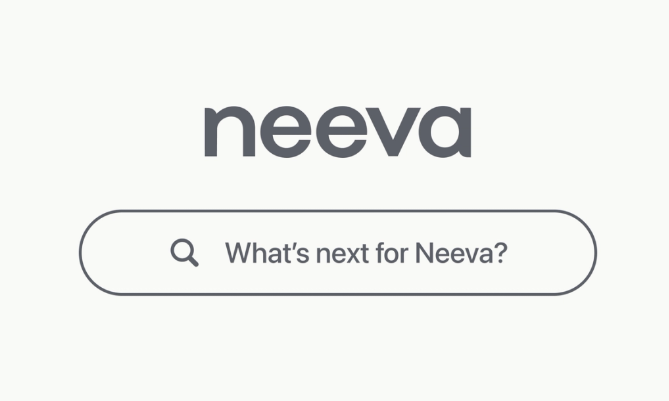Google search competitor Neeva shuts down to focus on enterprise
The alternative search engine startup Neeva Inc. has announced that it’s shutting down its consumer product, just three days after reports emerged that it’s holding talks with Snowflake Inc. and Databricks Inc. about a potential acquisition.
In a blog post on Saturday, Neeva co-founders Sridhar Ramaswamy and Vivek Raghunathan said “building search engines is hard.” The challenge is all the more difficult when you’re a operating with a small team of less than 50 people and going up against an organization like Google LLC with almost unlimited resources, they said.

Neeva managed to overcome those obstacles and created a good search engine that was both comprehensive and competitive. In some respects, it can be argued that Neeva was superior to Google, with a more visual search results page that emphasized human-created information, as opposed to a bland list of blue links.
Unfortunately for Neeva’s co-founders, what they discovered is that building a new search engine was far easier than convincing users to switch to it from Google. “Throughout this journey, we’ve discovered that it is one thing to build a search engine, and an entirely different thing to convince regular users of the need to switch to a better choice,” they wrote.
They detailed a long list of grievances Neeva had to face, with Google signing billion-dollar deals to make sure it’s chosen as the default search engine provider on different devices, the popups that appear when someone tried to change to a different search engine in their browser, the difficulty in finding those settings at all, and more. For a startup trying to take on Google in search, it’s a massive uphill battle.
Strangely, Neeva’s co-founders said getting users to pay for its premium product was not as challenging. “Contrary to popular belief, convincing users to pay for a better experience was actually a less difficult problem compared to getting them to try a new search engine in the first place,” they wrote.
The difficulty in prying users away from Google, combined with the current economic environment, has convinced Neeva’s co-founders to call it quits, at least on the consumer side of their business. “As a result, over the next few weeks, we will be shutting down neeva.com and our consumer search product, and shifting to a new area of focus,” they said.
The timing is very interesting, as it has decided to shut up shop at a time when Google’s dominance of search is starting to wobble, if only slightly. Many users are getting increasingly frustrated with the ad load on Google’s search results, and the emergence of chatbots such as OpenAI LP’s ChatGPT in Bing has begun to change people’s perceptions about how the search experience should work.
Neeva was well aware of the potential impact of artificial intelligence and large language models on search. It even built its own system called Neeva AI, which has the advantage of being more up to date than ChatGPT.
Indeed, the company’s AI capabilities may well be where its future lies. It explained that it will shut down its consumer search engine on June 2, refund existing subscribers and shift to a new area of focus.
“Many of the techniques we have pioneered with small models, size reduction, latency reduction, and inexpensive deployment are the elements that enterprises really want, and need, today,” the co-founders said. “We are actively exploring how we can apply our search and LLM expertise in these settings, and we will provide updates on the future of our work and our team in the next few weeks.”
Whether Neeva’s shutdown is linked to its potential acquisition by Snowflake or Databricks isn’t yet clear. Normally, these kinds of announcements are made after any deal is complete, so it may well be that Neeva has some other plan regarding its enterprise focus.
As for Google, it still won’t be able to breathe easy. Microsoft Corp. continues to use its alliance with ChatGPT to try to boost Bing’s market share, and the browser startup Brave Software Inc. now runs on its own, independent search stack. Startups such as You.com are also trying to reimagine the search experience.



